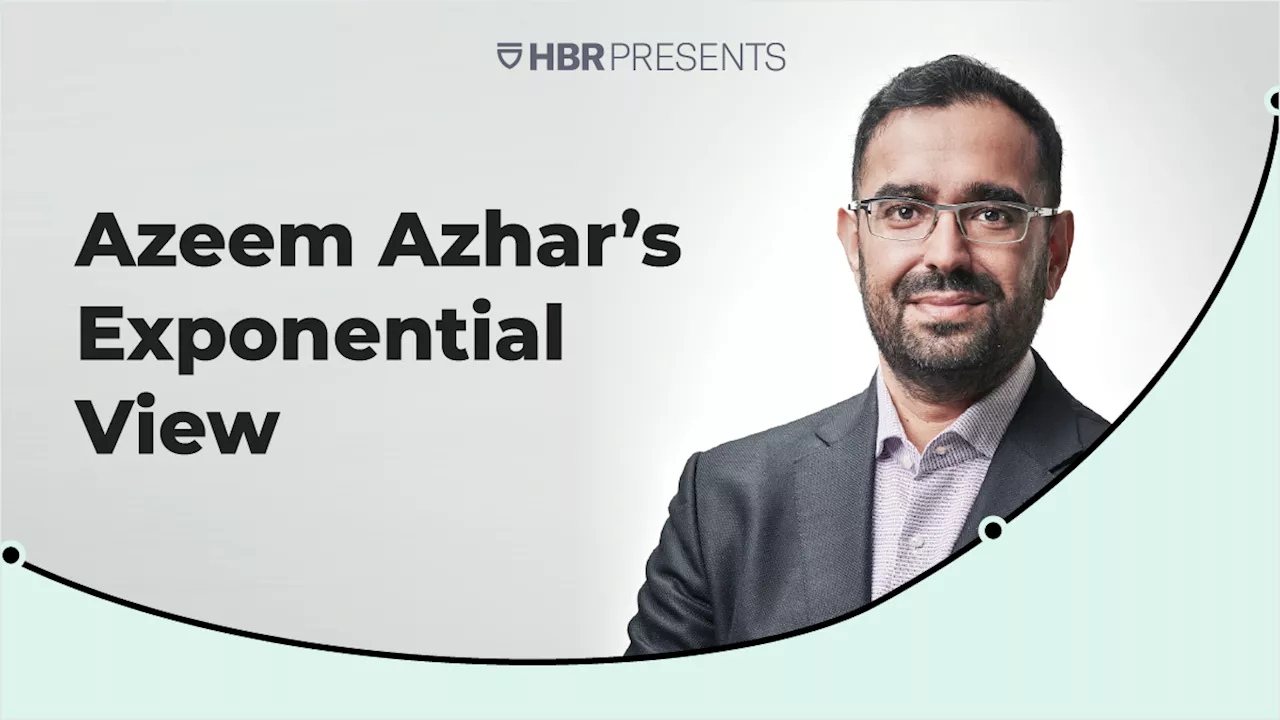What does it take to build truthful and verifiable AI?
Artificial Intelligence is on every business leader’s agenda. How do we make sense of the fast-moving new developments in AI over the past year?, CEO and founder of You.com, an AI chatbot search engine at the forefront of truthful and verifiable AI. They explore approaches to building AI systems that are both truthful and verifiable.
RICHARD SOCHER: Yeah. So I think there, actually, there’s one event that happened even before ImageNet, and that was George Dahl and Geoff Hinton actually working on speech recognition and neural nets. There’s still some probabilistic pre-training models in there, but that was sort of the first time where people say, wow, if we have more training data, now speech recognition actually is best done with a neural network. And then the ImageNet wave came.
AZEEM AZHAR: So sentiment analysis is essentially what marketing firms do to figure out whether a brand is going up in people’s imagination or not. They see a tweet about a brand and they analyze it and they say, this person who said Pepsi cola is so bad, that’s actually a positive thing because bad means good in that cohort. And so sentiments analysis was often seen as quite tricky and relied on cultural knowledge and expertise from linguists in a sense.
AZEEM AZHAR: So, one of the challenges with that approach is that there are clearly things that humans do which are not reliant on their empirical experience of things that they’ve observed. So mathematical reasoning is one great example. I mean, if mathematicians were empiricists, we would still be at pythagoras’s theorem. We could say goodbye to topologies and manifolds and all these other things.
AZEEM AZHAR: Not a list of blue links, right? Yeah. But I want to come to something that you said there, which I think is worth digging into. You said that, I may be paraphrasing here, but these networks and the more basic technologies like word vectors and embeddings, were able to see relationships that weren’t explicitly programmed in.
AZEEM AZHAR: So that was helpful sense of You.com, which is your, I’m going to call it AI personal assistance that you are building. And just unpick for me that process by which you, very briefly, that you are able to create robust working code that doesn’t have confabulations in it.
AZEEM AZHAR: What you described to me though now starts to look a lot more like the traditional software industry, to be honest. I mean, an LLM is a little bit like a database. It behaves slightly differently to a traditional database because you buy it pre-configured with lots of information in it. It’s stochastic. It’s fuzzy rather than deterministic. So the things that would have you fire Oracle or MySQL or Informix, you wouldn’t fire an LLM for because that’s what you want it to do.
Ireland Latest News, Ireland Headlines
Similar News:You can also read news stories similar to this one that we have collected from other news sources.
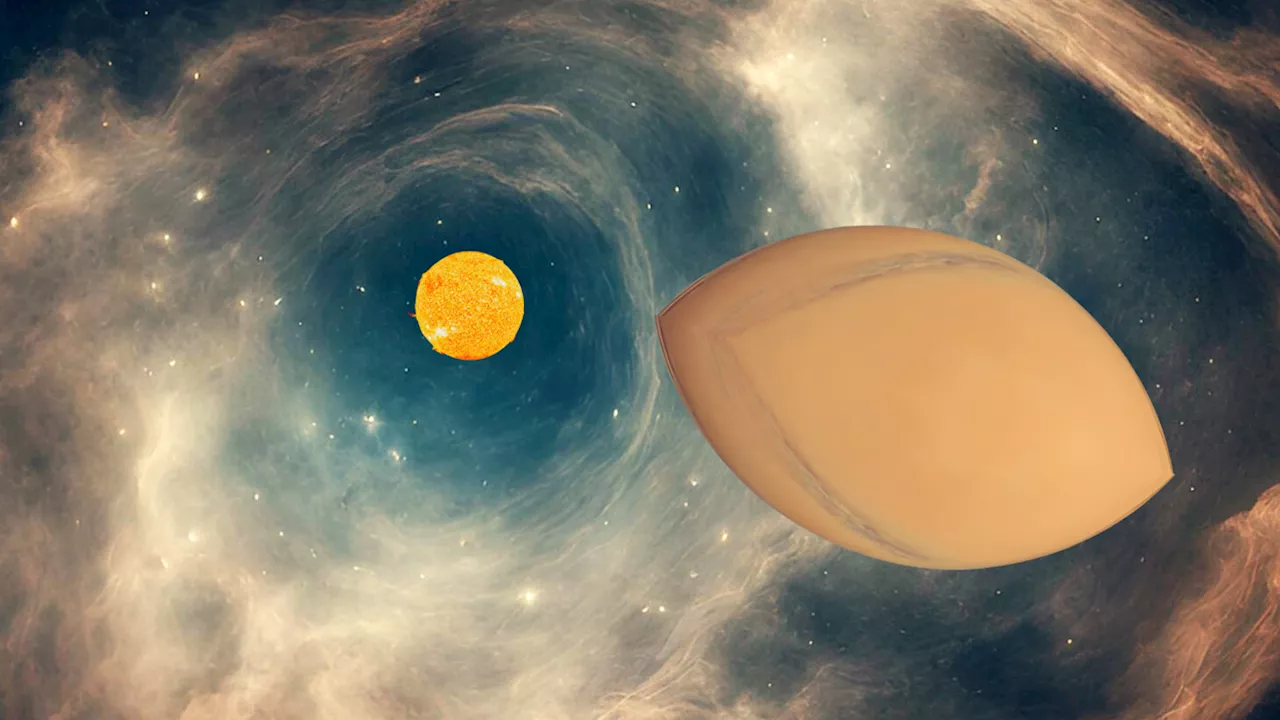 Surprise! Baby exoplanets might look like Smarties candies rather than spheresRobert Lea is a science journalist in the U.K. whose articles have been published in Physics World, New Scientist, Astronomy Magazine, All About Space, Newsweek and ZME Science. He also writes about science communication for Elsevier and the European Journal of Physics. Rob holds a bachelor of science degree in physics and astronomy from the U.K.
Surprise! Baby exoplanets might look like Smarties candies rather than spheresRobert Lea is a science journalist in the U.K. whose articles have been published in Physics World, New Scientist, Astronomy Magazine, All About Space, Newsweek and ZME Science. He also writes about science communication for Elsevier and the European Journal of Physics. Rob holds a bachelor of science degree in physics and astronomy from the U.K.
Read more »
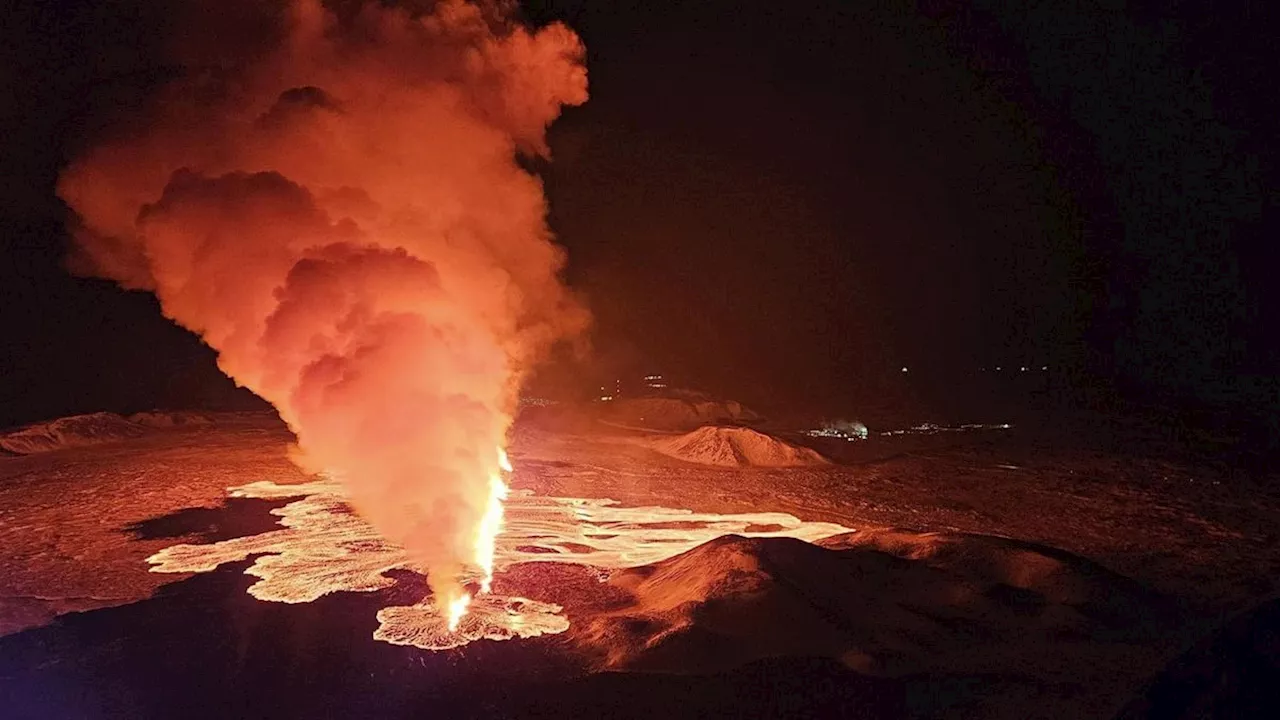 'We were very surprised': Magma under Reykjanes Peninsula rushed into Grindavík dike at a shockingly fast rateHannah Osborne is the planet Earth and animals editor at Live Science. Prior to Live Science, she worked for several years at Newsweek as the science editor. Before this she was science editor at International Business Times U.K. Hannah holds a master's in journalism from Goldsmith's, University of London.
'We were very surprised': Magma under Reykjanes Peninsula rushed into Grindavík dike at a shockingly fast rateHannah Osborne is the planet Earth and animals editor at Live Science. Prior to Live Science, she worked for several years at Newsweek as the science editor. Before this she was science editor at International Business Times U.K. Hannah holds a master's in journalism from Goldsmith's, University of London.
Read more »
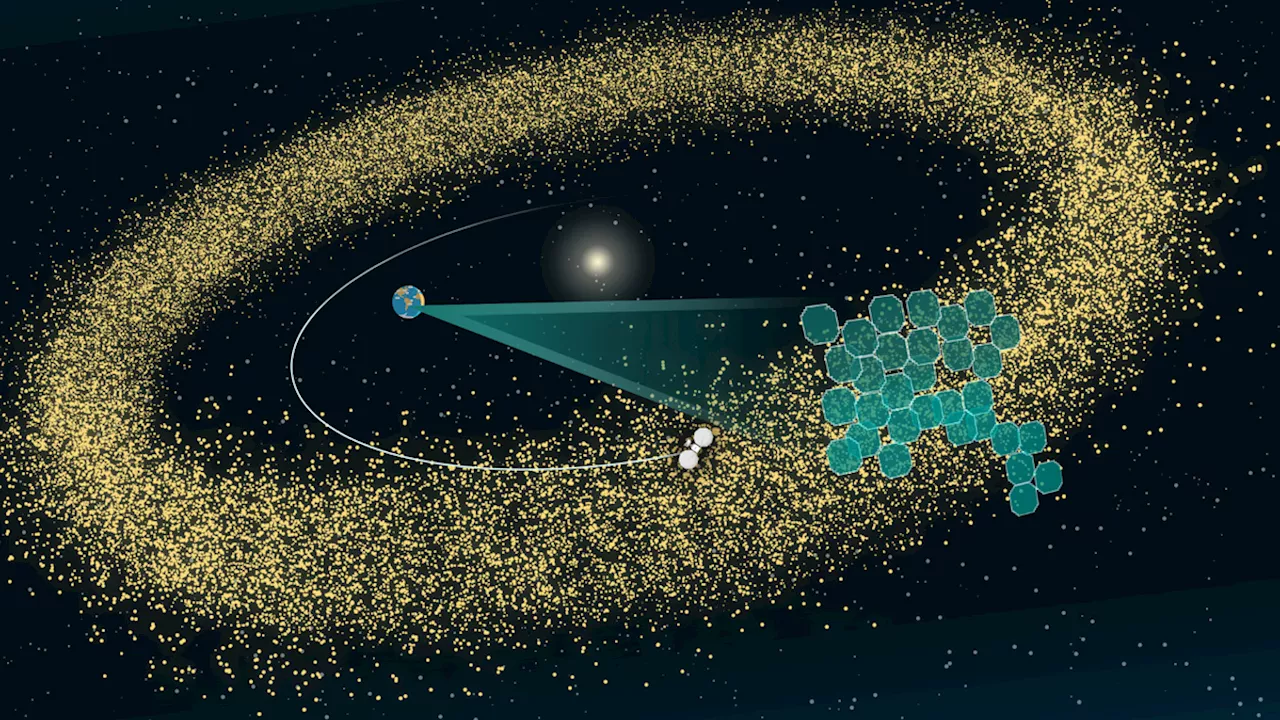 How Earth's new Rubin Observatory will usher in the next era of asteroid space missionsRobert Lea is a science journalist in the U.K. whose articles have been published in Physics World, New Scientist, Astronomy Magazine, All About Space, Newsweek and ZME Science. He also writes about science communication for Elsevier and the European Journal of Physics. Rob holds a bachelor of science degree in physics and astronomy from the U.K.
How Earth's new Rubin Observatory will usher in the next era of asteroid space missionsRobert Lea is a science journalist in the U.K. whose articles have been published in Physics World, New Scientist, Astronomy Magazine, All About Space, Newsweek and ZME Science. He also writes about science communication for Elsevier and the European Journal of Physics. Rob holds a bachelor of science degree in physics and astronomy from the U.K.
Read more »
![]() Photographer Turns the Lens on Amateur Astronomers Who Contribute to ScienceA photographer spent five years traveling the world to turn the lens on amateur astronomers who have contributed to science.
Photographer Turns the Lens on Amateur Astronomers Who Contribute to ScienceA photographer spent five years traveling the world to turn the lens on amateur astronomers who have contributed to science.
Read more »
 Not Science Fiction Anymore: What Happens When Machine Learning Goes Too Far?Science, Space and Technology News 2024
Not Science Fiction Anymore: What Happens When Machine Learning Goes Too Far?Science, Space and Technology News 2024
Read more »
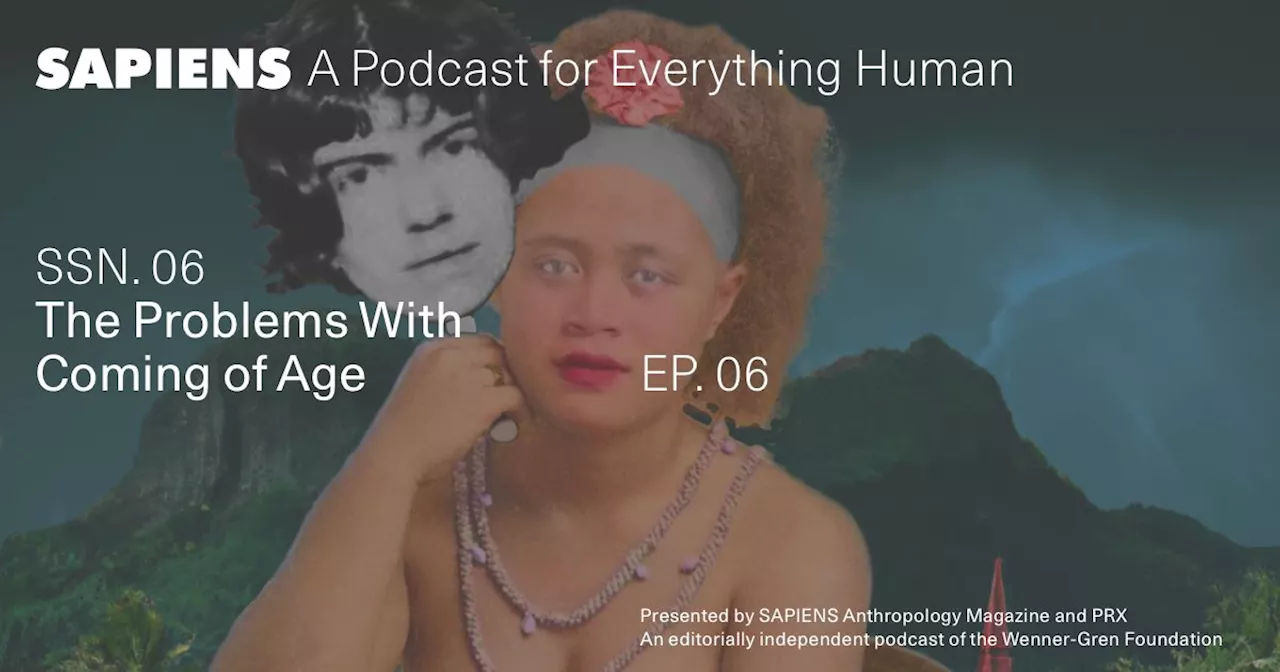 Sex, Lies, and Science WarsThe Mead-Freeman controversy reached its climax when scientists, scholars, and Samoans debated the nature of sexuality, culture, and truth.
Sex, Lies, and Science WarsThe Mead-Freeman controversy reached its climax when scientists, scholars, and Samoans debated the nature of sexuality, culture, and truth.
Read more »
